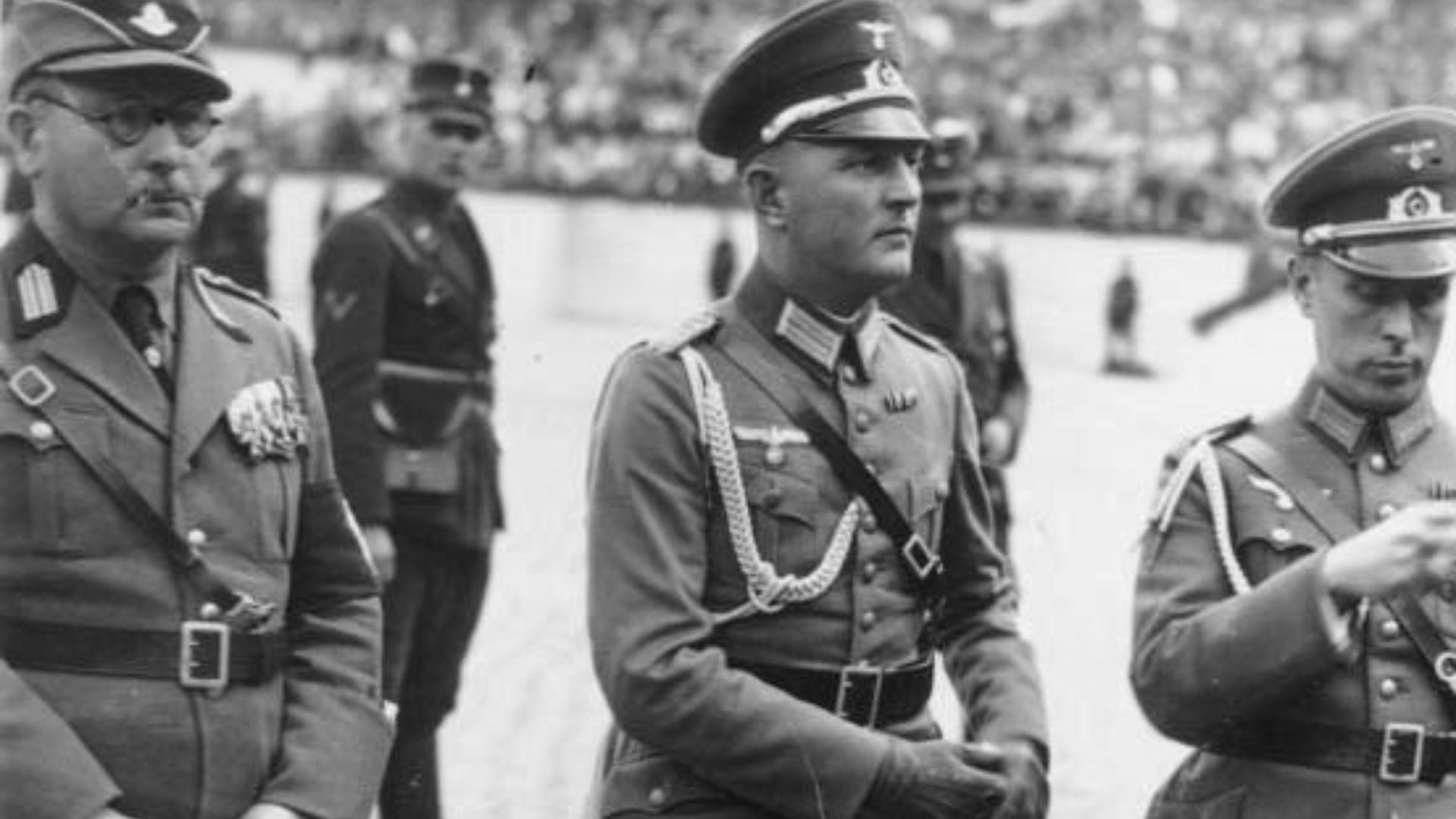
Friedrich HossbachWilhelm Ludwig (born 21 November 1894 in Unna, † 10 September 1980 in Göttingen) was a German officer, the last General of the Infantry, and Army commander during the Second World War. He wrote in 1937 called “Hoszbach Minutes.”
Early Years
The son of Henry Hoßbach, a grammar school professor, and his wife Anna, joined after completing cadet training on 29 October 1913 as an ensign in the 2nd Hessian Infantry Regiment, 82nd He was born on 19 June 1914 and was promoted to lieutenant.
After the outbreak of the First World War, he was from 1 Aide III in November 1914. Battalion of his regiment and on 15 September 1916 to the infantry regiment No. 419 added. There was its use as a regimental adjutant. From 2 March to 12 November 1918, came Hossbach as an ordnance officer in the General Staff of the XVIII. Army Corps and here received his promotion to Lieutenant on 2 September. After the war took place on 12 November 1918, he transferred back to his regular regiment.
Interwar Period
In 1920, he was transferred to the Army on the 1st of March 1927, promoted to captain in 1930, then moved to the Defense Ministry.
On 4 August 1934, Hoßbach – now with the rank of Major – the Wehrmacht adjutant to Adolf Hitler. In this capacity, he wrote in November 1937, the so-called “Hoszbach Minutes,” which held a presentation before the chief of Hitler’s army, in which he first set out his plans for war against Austria and Czechoslovakia. Hoßbach listed for five days after the speech content.
In the course of the Blomberg-Fritsch crisis, he was 28 Displaced as a colonel in January 1938 (from 1 March 1937) to the 82 Infantry Regiment, this time as commander. He fell out of favor with Hitler because Fritsch informed him about the charges against him.
World War II
After the beginning of World War II changed Hoßbach 26 August 1939 to the General Staff of the XXX. Army Corps as its boss, and on 30 September 1939, in the same function II Army Corps. On 1 December 1939, he again took command of the Infantry Regiment 82 and led it during the Western campaign there.
On 24 February 1942 Hoßbach was first placed in the reserve and leader there on 1 March, promoted to Major General. One handed to him on 1 April, the command of the 82nd Infantry Division and transferred him from 1 September 1942 to 15 May 1943, once again the leader in reserve.
With simultaneous promotion to lieutenant general took Hoßbach 15 The 31 May 1943 Infantry Division was born on 2 August 1943 with the leadership of the LVI. Panzer Corps and commissioned on 10 August was appointed Commanding General of the Corps. In this position, he was promoted to General of the Infantry on 1 November 1943.
On the 18th of July 1944, he was commander of the 4th Army. He was, on 29 January 1945, during the battle for East Prussia, personally dismissed by Hitler because he was against the express command of the outbreak of the trapped East Prussia wanted to command.
Hossbach, at the end of the war, was being treated for an ear infection at the Goettingen University Hospital. On 8 April 1945, shortly before the arrival of the Americans, he was warned that the Gestapo would pick him up. When it actually rang at the door, he went with his gun on the balcony and delivered with the waiting Gestapo officials – a uniformed and two plainclothes police officers – as well as a member of the SS, a firefight to his opponents – in apparent fear of advancing U.S. Army – with the car fled. Less than an hour later, met the Americans, who took him prisoner. Until 1947, he remained a prisoner of war.